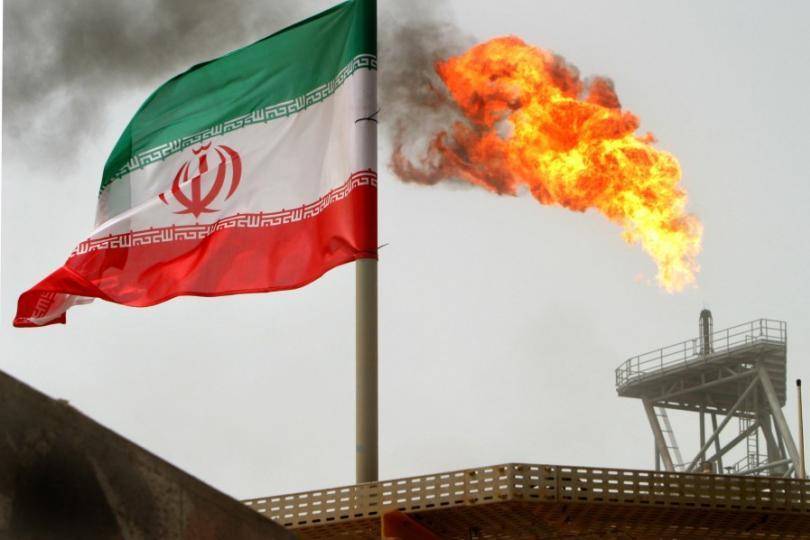
OPEC output falls despite Iran return more crude
Vienna: OPEC said on Monday its oil production fell in February despite member Iran steadily increasing its output after international sanctions were lifted in January following a landmark nuclear deal.
The decrease can be largely attributed to a steep production drop in Iraq which has suffered from the global price slump for crude and rival oil exports by the autonomous Kurdistan region the Organization of the Petroleum Exporting Countries said in its February monthly report.
Crude output dropped by 175000 barrels per day in February to average 32.28 million barrels per day (mbpd) it said.
"Crude oil output decreased mostly from Iraq Nigeria and (United Arab Emirates) while production increased in Iran Saudi Arabia and Kuwait" the report noted.
The cartel's output still exceeds demand which the cartel now projects at 31.5 mbpd slightly lower than last month.
Iran which has the world's second-largest crude reserves pumped out 3.1 mbpd in February up from 2.9 in January according to OPEC.
World oil prices fell sharply on Monday after Tehran reportedly announced over the weekend that it would only join an output freeze proposed by Saudi Arabia and Russia once its supply had reached pre-sanction levels of 4.0 mbpd.
Despite the losses the oil market has picked up in recent weeks prompting the International Energy Agency to suggest on Friday that a tentative recovery may be underway.
The OPEC reference basket rebounded for the first time in three months the cartel said gaining more than 8% to reach $35.62 on Monday.
The cartel attributed this to "numerous positive factors such as the freeze proposal and "a fairly healthy physical oil market... despite ongoing oversupply a slowing global economy record high inventories and a strengthening US dollar".
Crude prices have crashed from peaks above $100 per barrel in mid-2014 to under $30. While OPEC had traditionally cut back production to support prices cartel kingpin Saudi Arabia this time changed tack. It stepped up output to defend market share and push out higher-price producers like US shale oil companies.
The strategy appears to be partially working with the cartel predicting a production drop of 700000 barrels per day this year in non-OPEC countries led by North America to an average 56.93 mbpd.
"The expectation of reduced cash flow in 2016 has prompted many companies to reduce investments deferring major new projects until a sustained price recovery can be maintained" OPEC said.
The organisation added that it would "closely monitor" the impact of lower oil prices on government spending plans in the Middle East.
AFP

Legal Disclaimer:
MENAFN provides the
information “as is” without warranty of any kind. We do not accept
any responsibility or liability for the accuracy, content, images,
videos, licenses, completeness, legality, or reliability of the information
contained in this article. If you have any complaints or copyright
issues related to this article, kindly contact the provider above.


















Comments
No comment